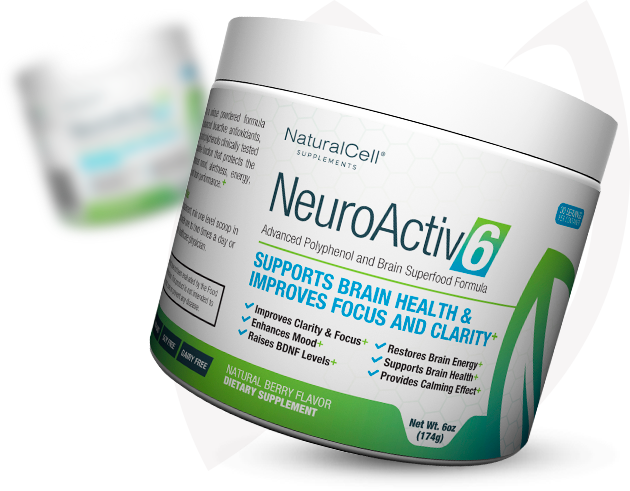How dietary habits impact sports performance
The impact of nutrition on athletic performance is of utmost importance. Whether you are a professional athlete or a fitness enthusiast, the food you consume can greatly affect your strength, stamina, and overall physical capabilities. Understanding the correlation between nutrition and athletic abilities is crucial for anyone aiming to maximize their potential in sports and fitness endeavors.
Table of Contents
Macronutrients:
- Carbohydrates: These serve as the primary energy source for athletes. Complex carbohydrates from whole grains, fruits, and vegetables provide sustained energy during workouts and competitions.
- Proteins: Essential for muscle recovery and growth. Lean protein sources like poultry, seafood, eggs, and legumes aid post-exercise recovery and promote lean muscle mass.
- Fats: Nourishing fats (found in nuts, seeds, and avocados) contribute to overall health and long-term athletic performance.
Proteins are vital for muscle recovery and growth, making them a pivotal element in an athlete's nutritional regimen. Integrating lean sources of protein, like poultry, seafood, eggs, and legumes, can facilitate postexercise recovery and promote the formation of lean muscle mass. Additionally, sufficient intake of nourishing fats, like those present in nuts, seeds, and avocados, is crucial for sustaining overall well-being and bolstering long-term athletic performance.
Micronutrients:
In conjunction with macronutrients, micronutrients such as vitamins and minerals play a fundamental role in bolstering athletic abilities. Nutrients like vitamin C, vitamin D, and iron are particularly essential for athletes, as they contribute to immune system function, bone strength, and oxygen transportation in the body. Ensuring a diversified and nutrient-rich diet that incorporates ample fruits, vegetables, and whole foods is imperative for meeting micronutrient requirements and reinforcing overall athletic performance.
Hydration:
Hydration stands as another vital component of nutrition for athletes. Dehydration can exert a substantial influence on athletic performance, resulting in diminished endurance, coordination, and cognitive capabilities. Athletes must maintain adequate hydration levels before, during, and after physical exertion to sustain optimal performance and facilitate recovery.
Meal Timing:
- Consuming a balanced meal with carbohydrates and proteins 2-3 hours before exercise provides sustained energy.
- Post-workout, replenishing with a mix of carbohydrates and proteins within 30 minutes to an hour aids muscle recovery and glycogen restoration.
Plant-Based Protein Power

VegProtein30 is a set of 30 plant-based recipes designed to provide essential protein for muscle recovery and growth. It is suitable for athletes, fitness enthusiasts, and those looking to improve their overall health. Each recipe includes various plant-based protein sources, ensuring all amino acids are present for effective muscle recovery. Consuming these recipes post-workout can promote muscle protein synthesis and support muscle hypertrophy. VegProtein30 is suitable for all ages, sexes, and physical activity levels.
In summary, the nexus between nutrition and athletic performance is irrefutable. By emphasizing a well-rounded diet comprising a diversity of macronutrients, micronutrients, and adequate hydration, athletes can optimize their performance, bolster their overall well-being, and enhance their capacity to attain their fitness and athletic aspirations. Whether you are a competitive athlete or simply enjoy engaging in physical activities, paying heed to your dietary intake can yield a substantial difference in your athletic pursuits.





No comments: